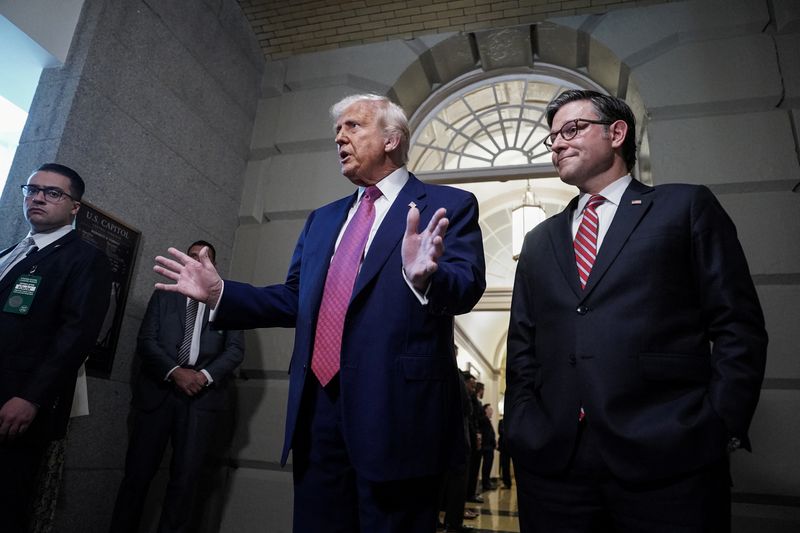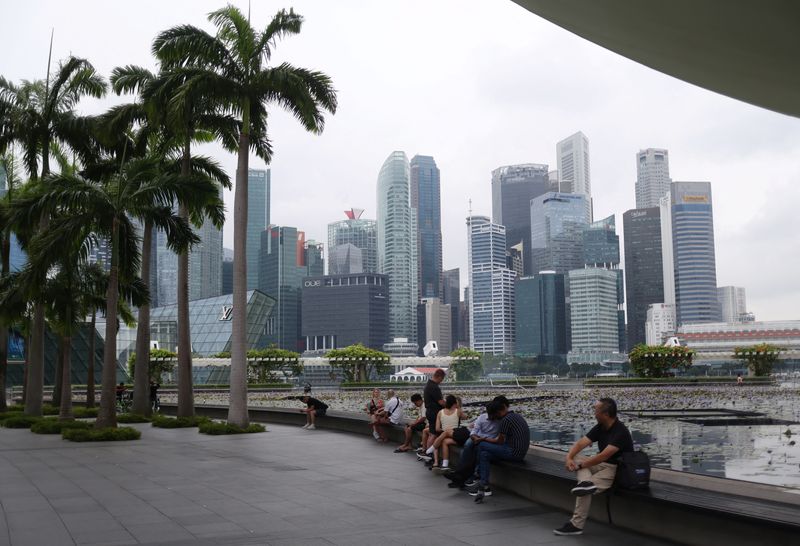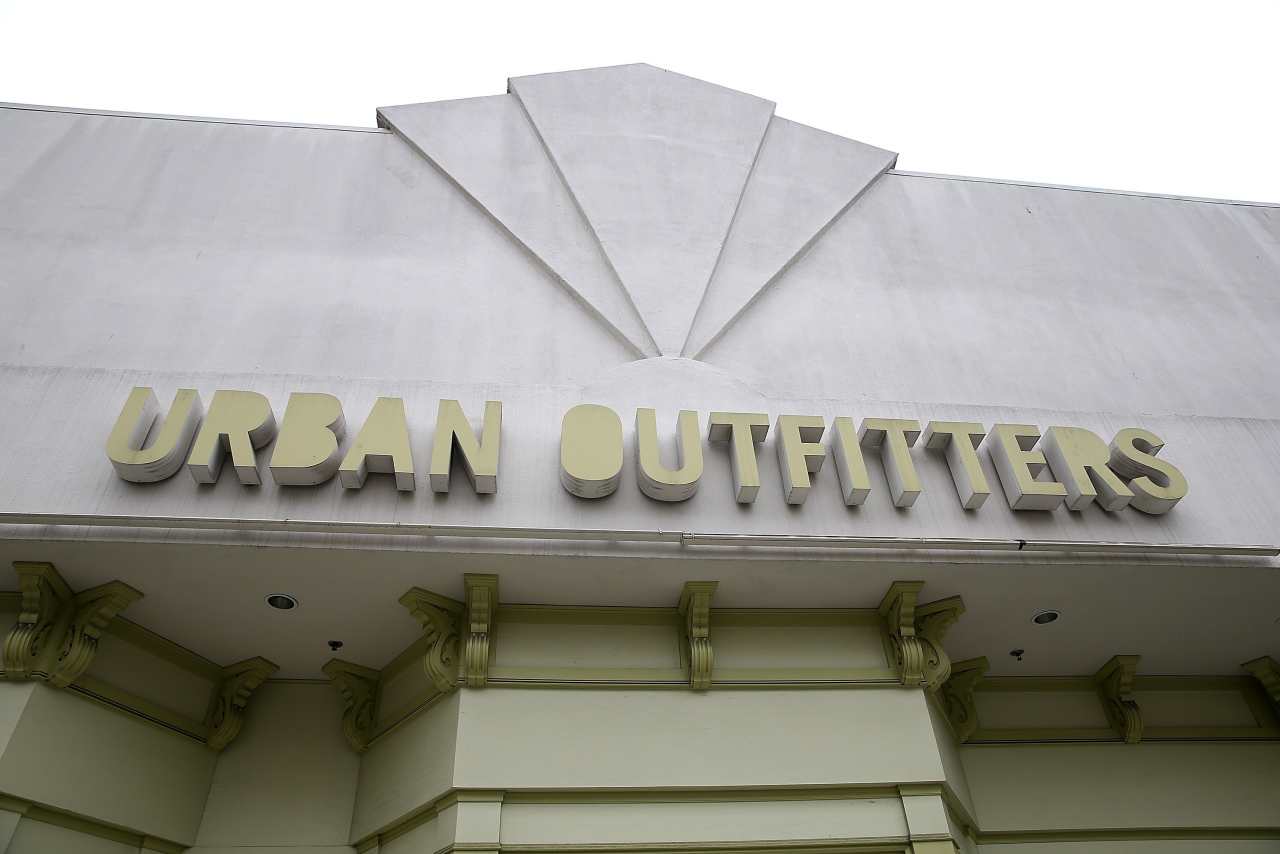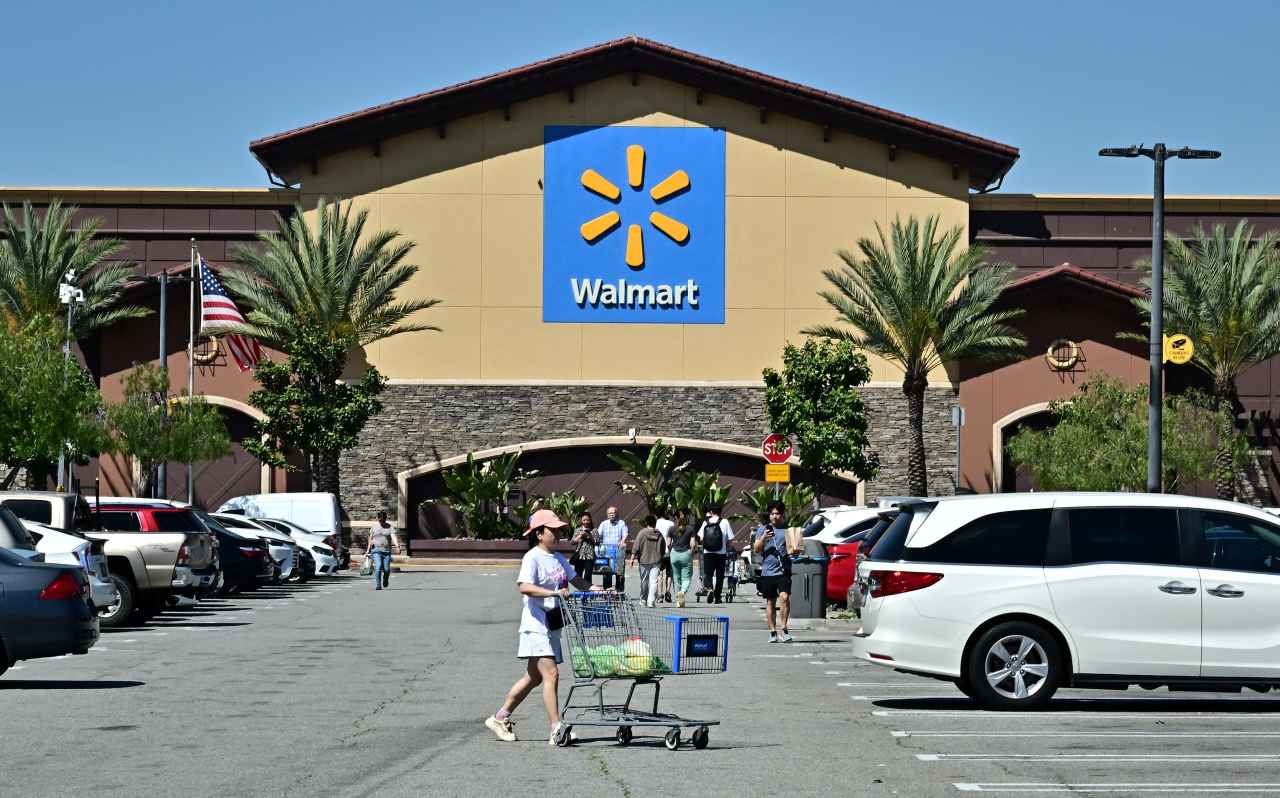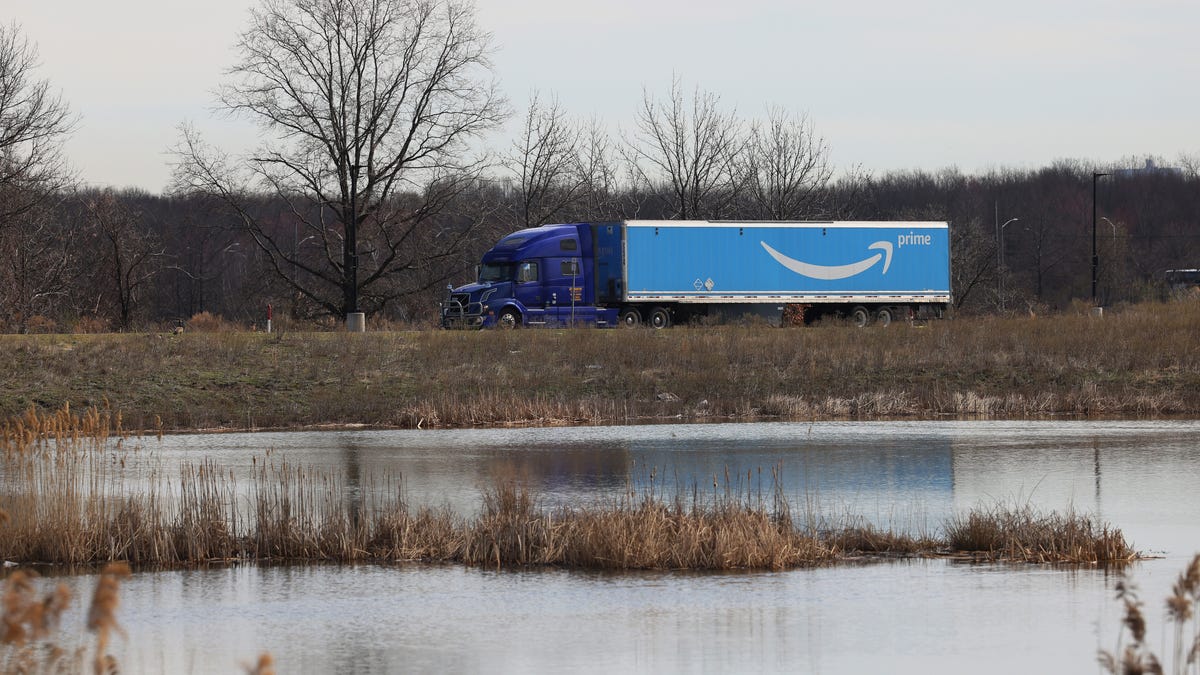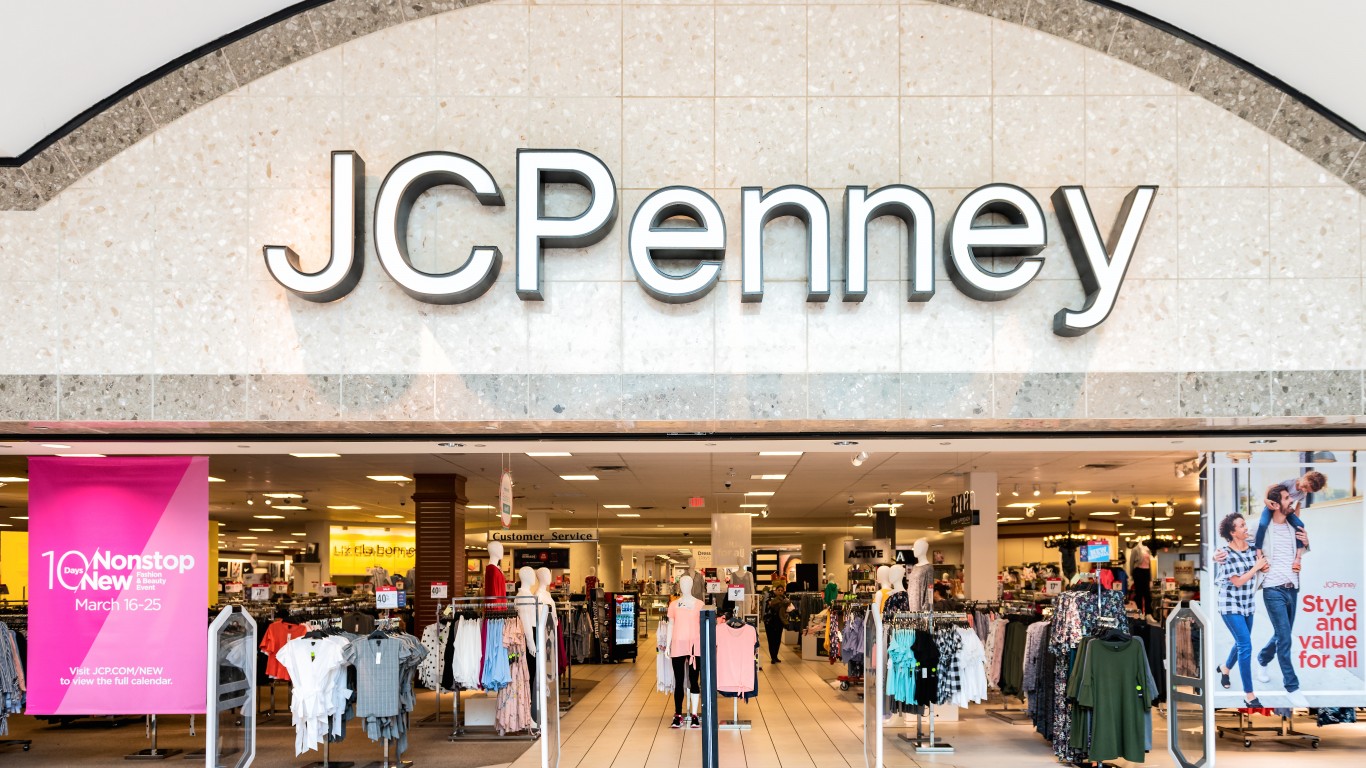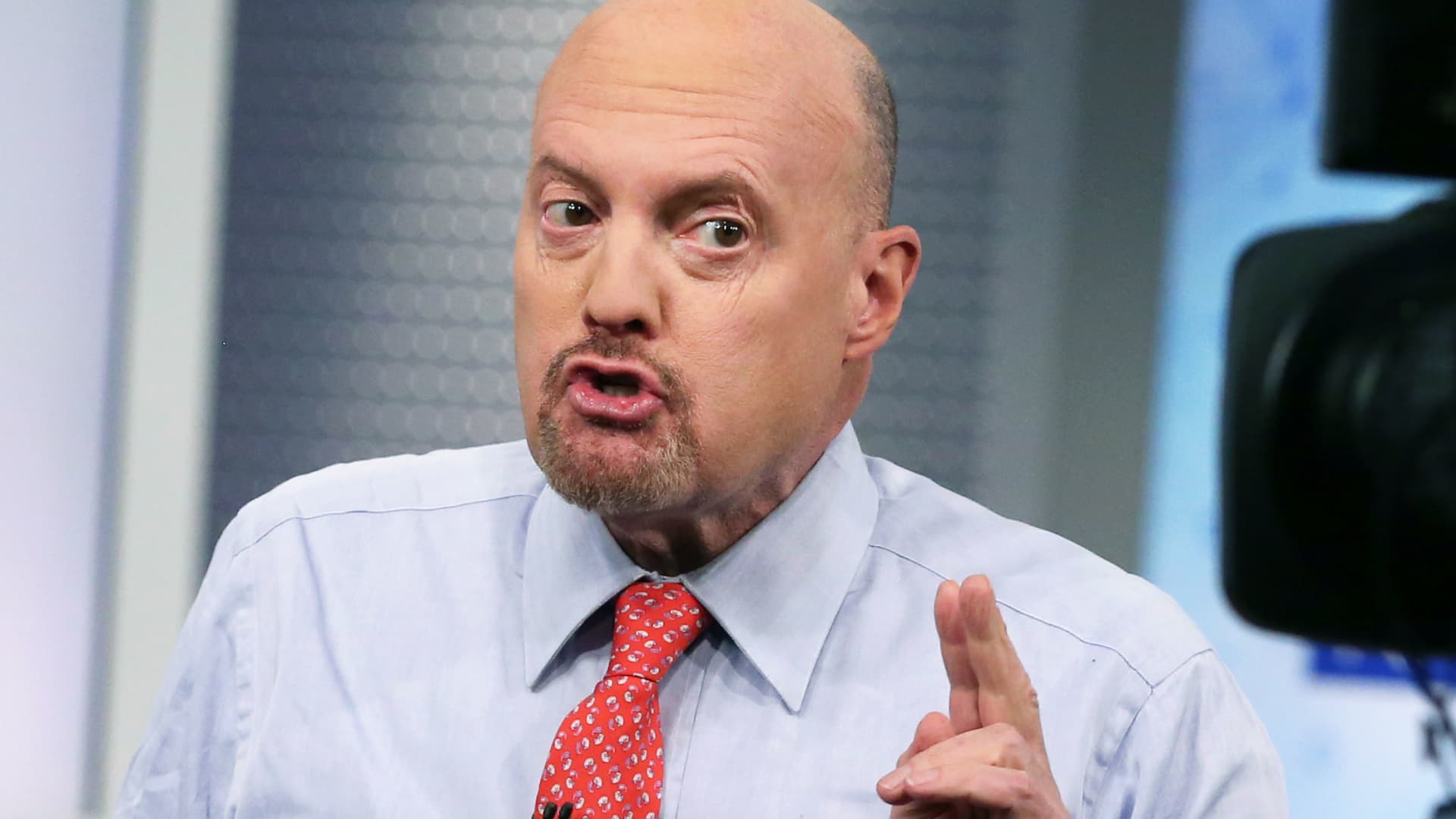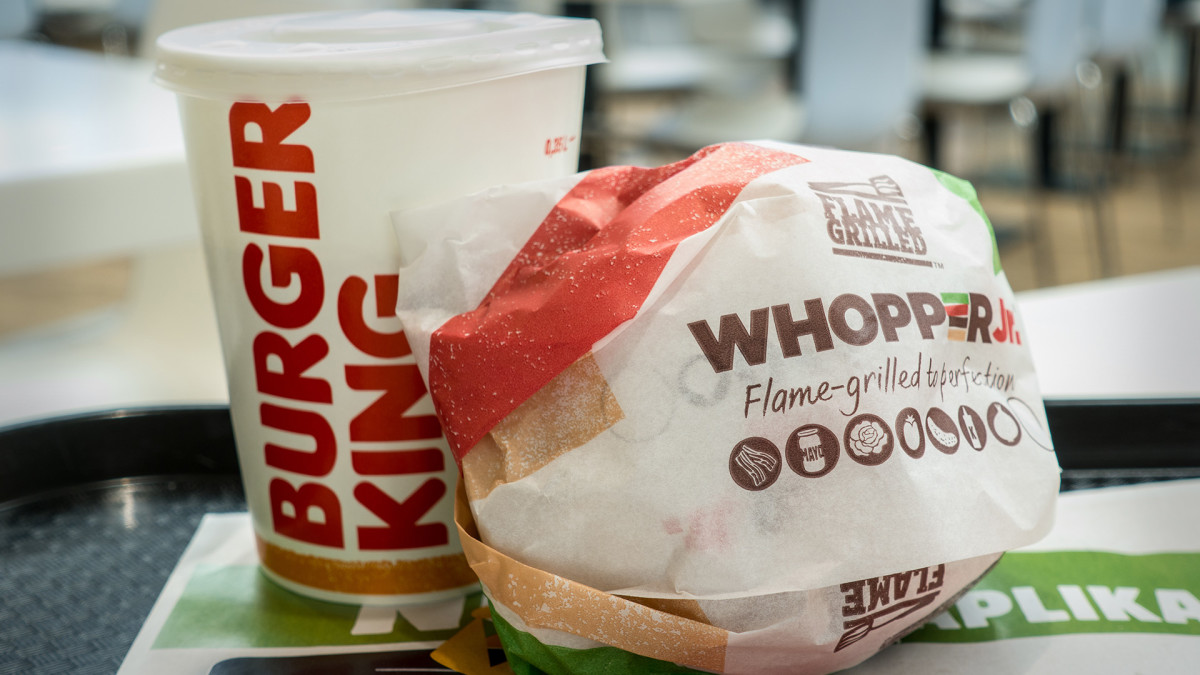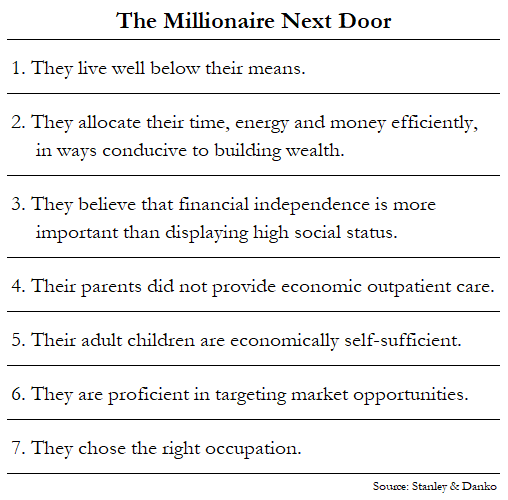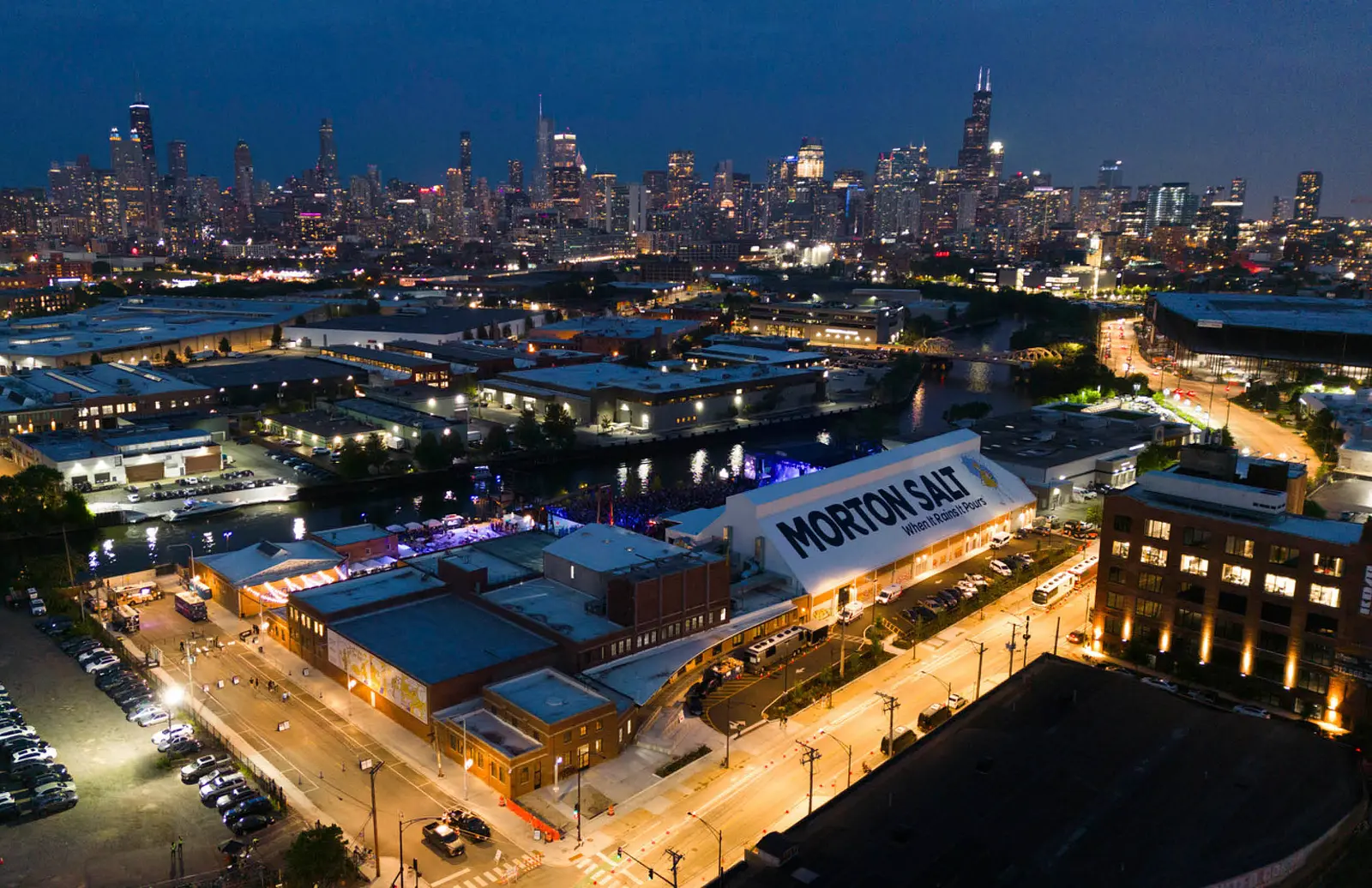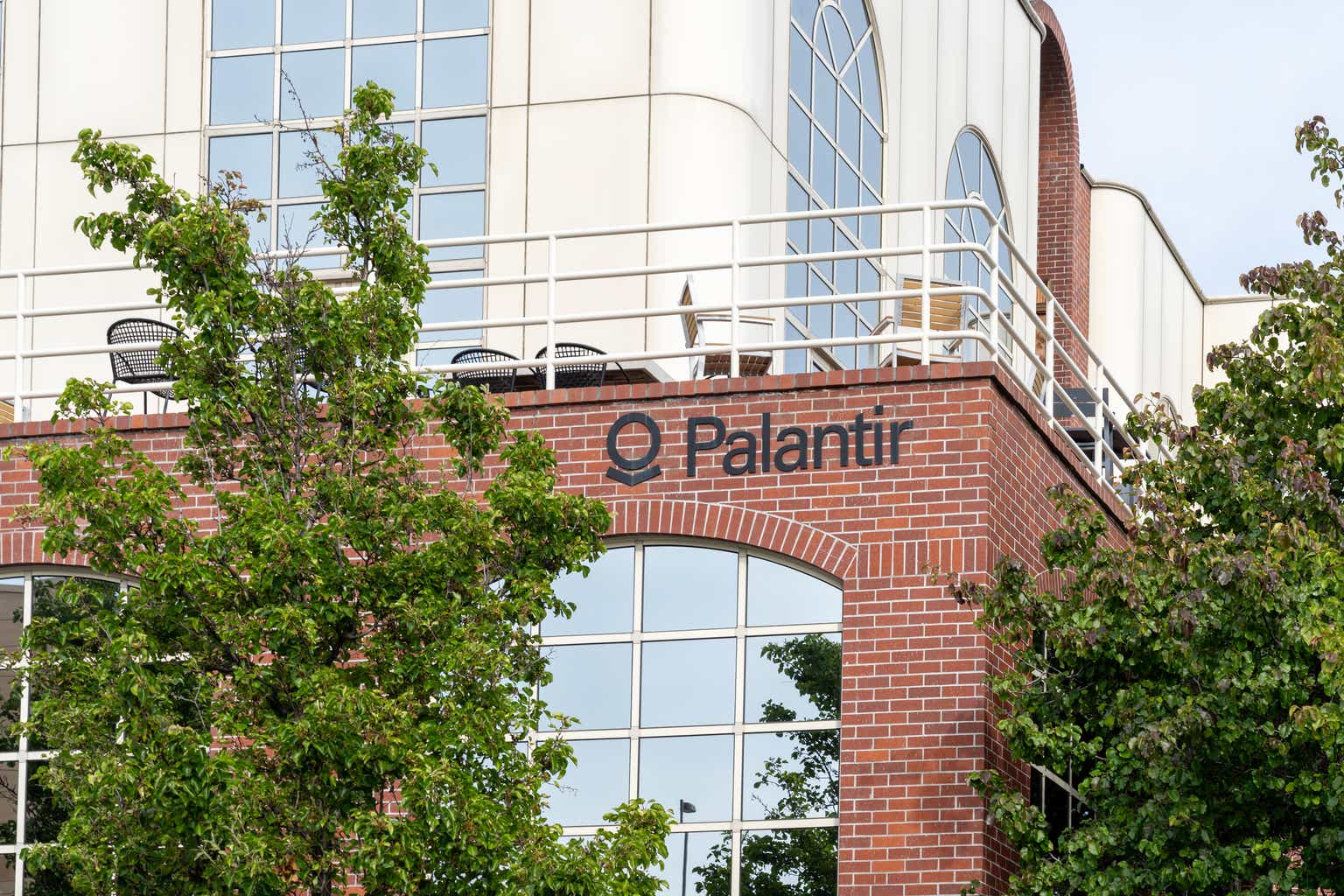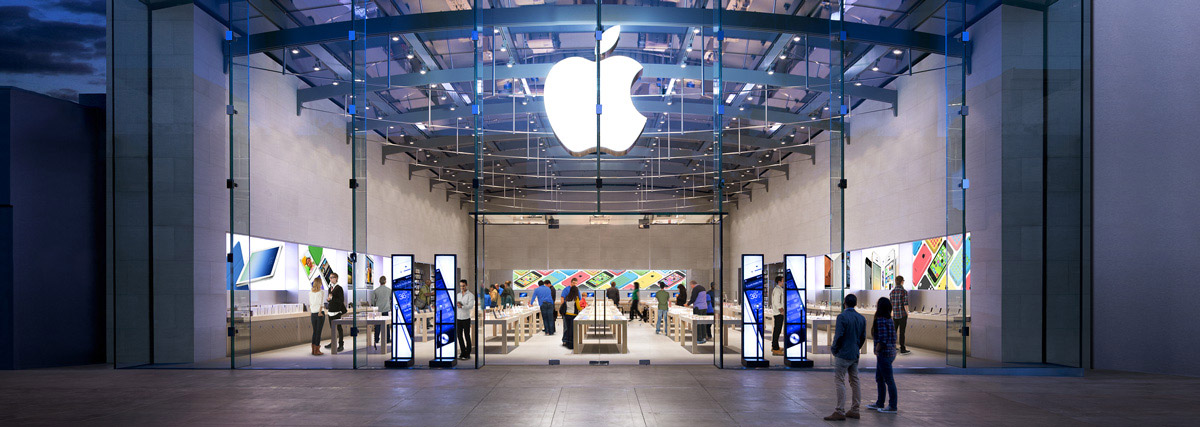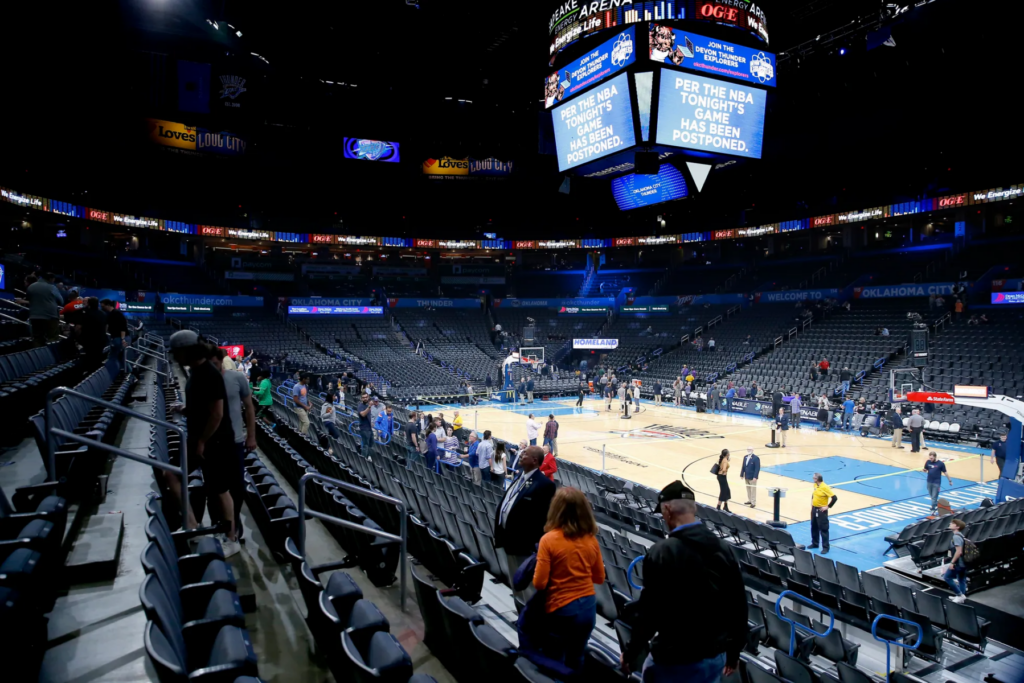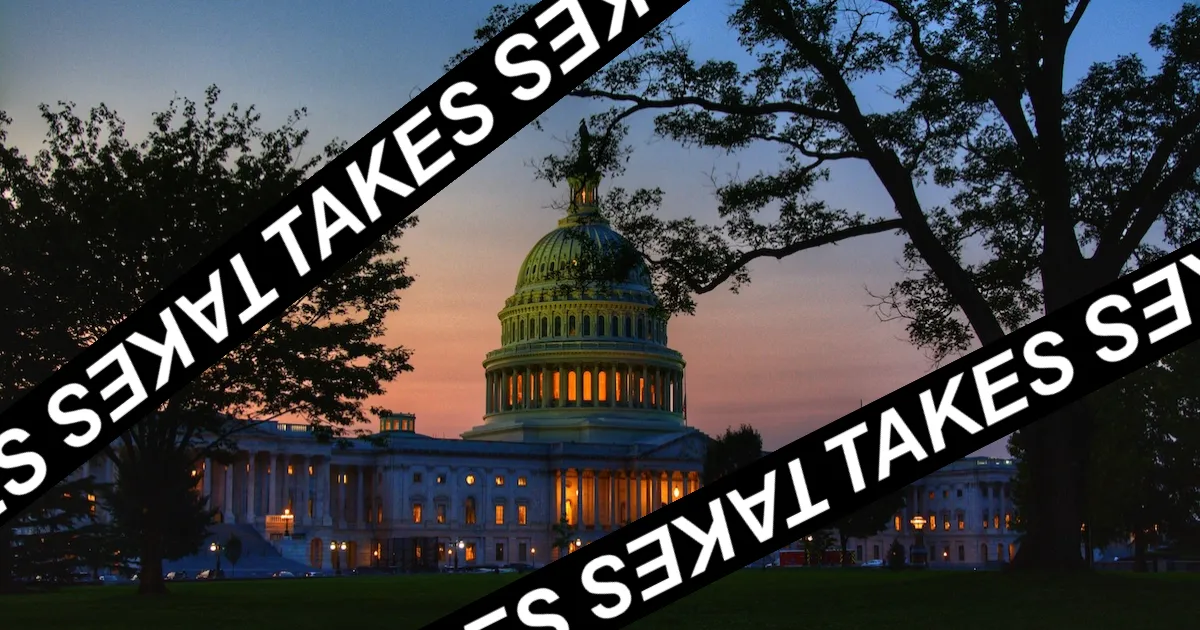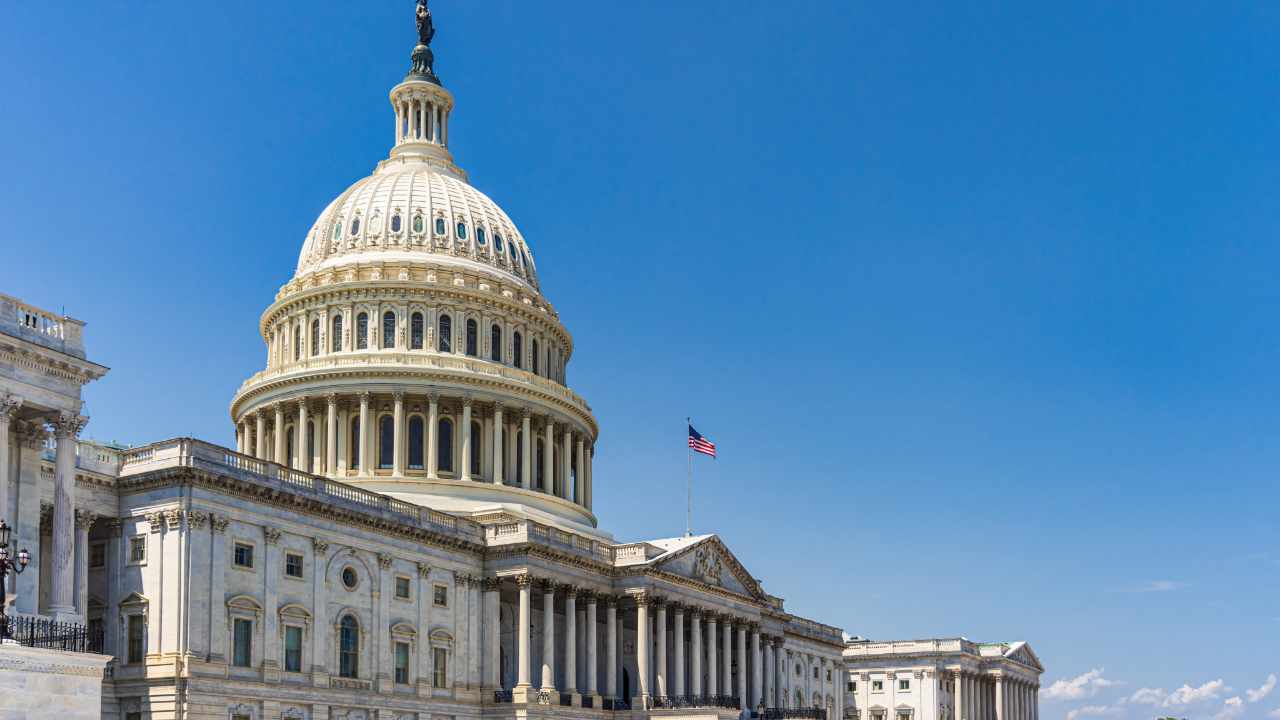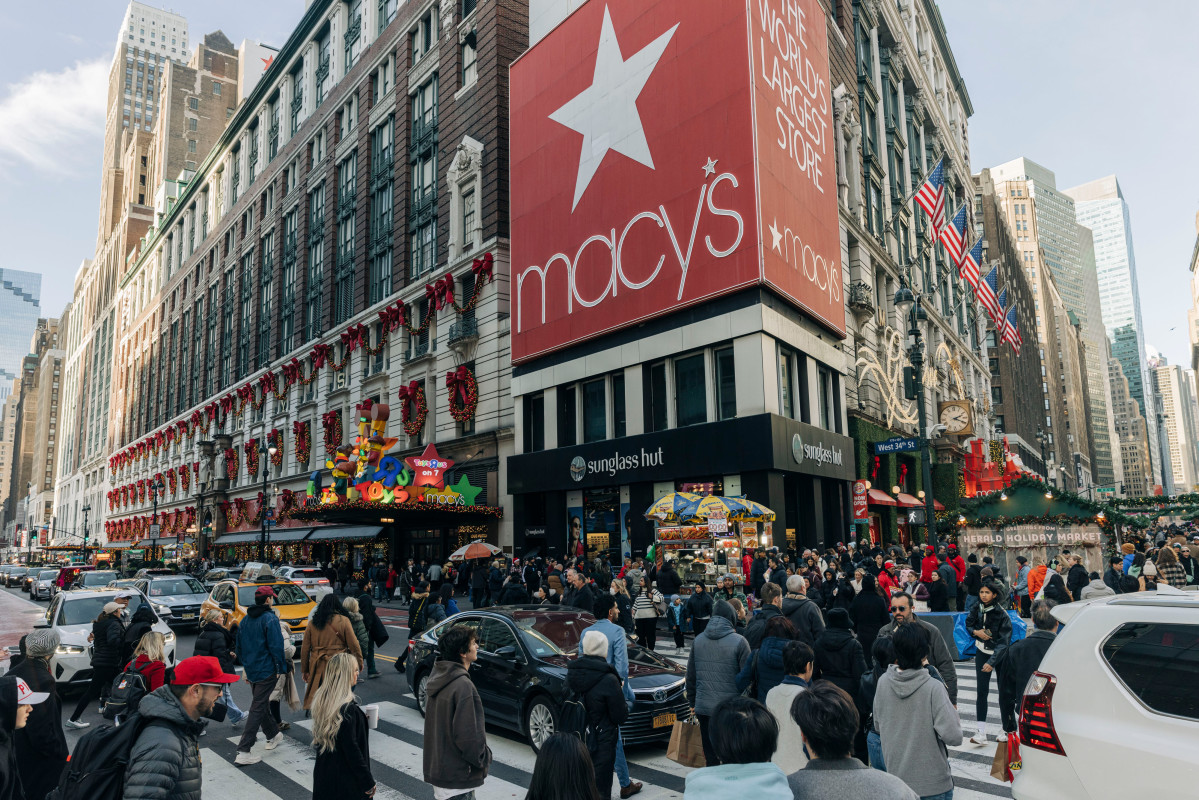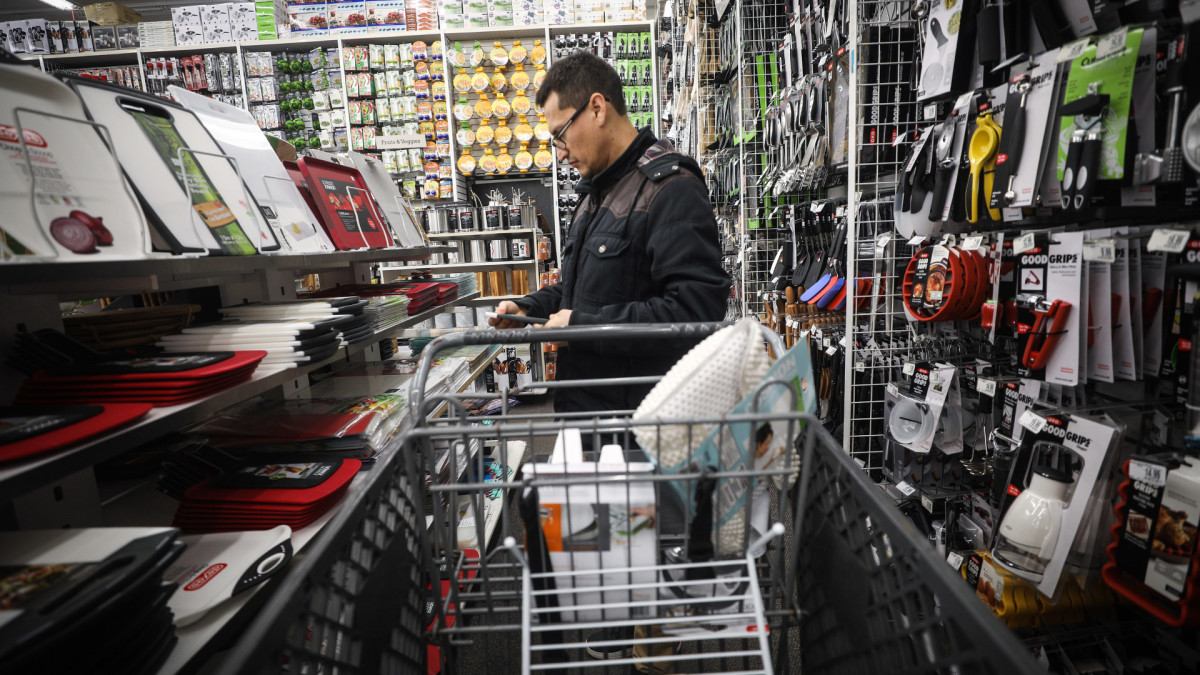Home Depot local rival closing permanently after 120 years
The popular retailer made the difficult decision after battling the past several years.
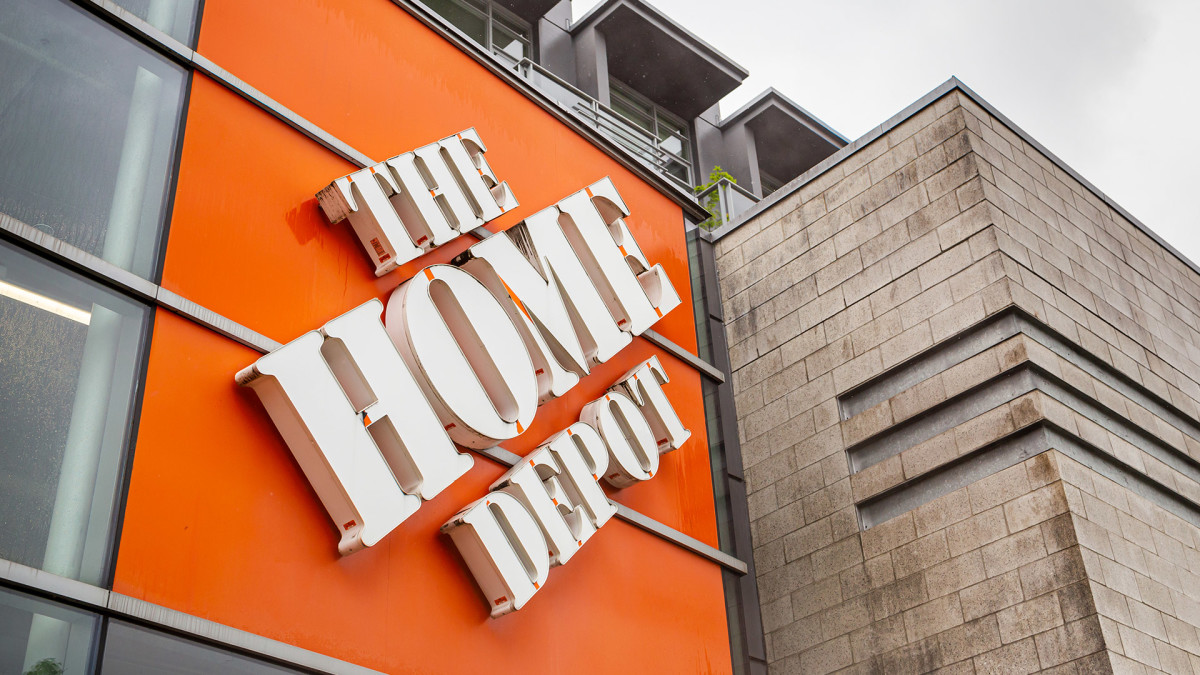
If you asked most retailers whether they've found the past few years challenging, almost every single one of them would probably give you a resounding affirmative.
The recent past has been almost unprecedentedly difficult for most stores across the U.S.
Related: Home Depot launches genius answer to tariff concerns
Five years ago, when covid hit, almost every retail business shuttered for at least a few weeks while the nation weathered the worst of the pandemic.
This retail blackout took some of the weakest or most vulnerable stores with it; small mom and pop shops that couldn't afford to pay their bills without a steady stream of customers and already-struggling giants with large footprints were swept away with a changing consumer tide.
And those that managed to remain when things began to reopen found an entirely new retail world on the other side.
After many long months cooped up in their homes, customers had gotten used to ordering their goods online.
That's why many larger retailers, like Walmart and Amazon, had grown in size and scope, while many smaller, niche retailers that were more reliant on brick and mortar, continue to fade away. Image source: Shutterstock-Manuela Durson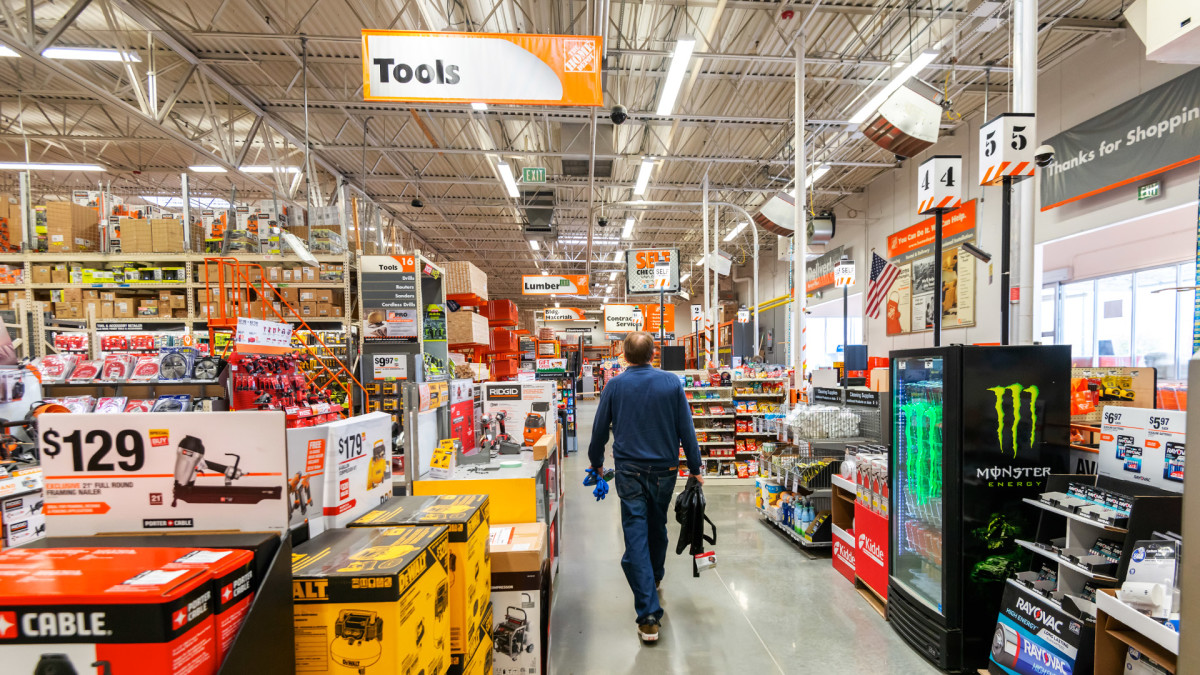
Some cities impacted more than others
Some corners of the retail industry have been harder hit than others.
Thanks to changes in consumer taste, retailers like Radio Shack, Blockbuster, and street corner shoe shiners are practically obsolete.
And just as some parts of the retail industry have transformed in recent years, so too have American cities.
More Home Depot & Lowe’s:
- Home Depot quietly makes a change that may enrage customers
- Lowe's, Walmart give customers big gift for spring season
- Home Depot makes drastic budget-friendly move to take on Lowe's
- Home Depot, Walmart customers get good news after tariff scare
San Francisco, for instance, is one of the most rapidly evolving areas of the country.
Before covid, San Francisco was a hub for tech visionaries, finance, healthcare, and international business.
But many of these jobs can be done remotely, and the city lost of bulk of its workforce in the early 2020s.
This had a cataclysmic effect on property prices and forced other tangentially-related businesses, like restaurants and hospitality, to wind down operations.
And while San Francisco is seeing something of a comeback, recovery has been slow and not without its pain.
Iconic San Fransisco hardware store closing
And now, one of San Francisco's oldest hardware shops is closing after over 100 years in business.
Pacific Heights Hardware, which had been in operation for 120 years, is closing down permanently at the end of May.
Related: Beloved burger, fast-food chain makes controversial menu change
The hardware store had been grappling with declining foot traffic and reduced revenue.
“We just didn’t have a lot of people coming by, and so it was just costing us more money than we were getting,” an employee told SFGATE.
The store, which is located at 2828 California St. in San Francisco, is in between Pacific Heights and Japantown.
Just down the road, however, are larger chain stores. There's an Ace Hardware just a few blocks away, and there are several Lowe's and Home Depots (HD) in the Bay area.
Many customers report they opt to visit these larger, national stores because they have more inventory and parking lots, which makes big runs easier and more convenient.
Pacific Heights Hardware will be holding a clearance sale to get rid of inventory before its anticipated closure over the next couple of weeks.

